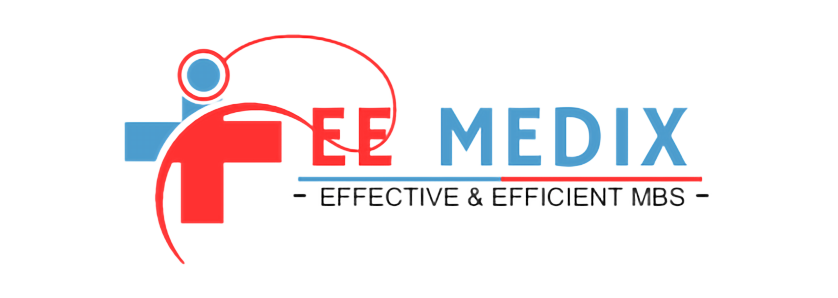In the fast-paced world of modern healthcare, efficiency, accuracy, and seamless information management are paramount. One of the essential tools that have revolutionized the healthcare industry is Electronic Health Records (EHR). In this article, we will delve deep into the importance of EHR in medical billing, highlighting its pivotal role in enhancing healthcare operations, minimizing errors, and ultimately improving patient care.
Streamlined Data Management
EHR systems have transformed the way healthcare facilities manage patient data. Gone are the days of sifting through stacks of paper records. EHR allows for the electronic storage, organization, and retrieval of patient information with just a few clicks. This streamlining of data management is a game-changer for medical billing.
The Efficiency Factor
Efficiency is the name of the game when it comes to medical billing. With EHR systems, billing departments can quickly access patient records, insurance information, and treatment history. No more delays due to lost paperwork or incomplete patient files.
Error Reduction
One of the most critical aspects of medical billing is accuracy. Errors in billing can lead to financial losses for healthcare providers and unnecessary stress for patients. EHR systems significantly reduce the risk of errors in medical billing.
Automated Billing Codes
EHR systems often come equipped with built-in coding features that automatically assign the correct billing codes based on the services rendered. This automation minimizes the chances of human error in coding, ensuring that bills are accurate and compliant with insurance requirements.
Real-time Validation
EHR systems can perform real-time validation checks, flagging potential errors or inconsistencies in billing data. This feature acts as a safety net, catching mistakes before bills are sent out to patients or insurance companies. It ensures that billing information aligns with the treatment provided, reducing disputes and rejected claims.
Improved Patient Care
While the primary purpose of EHR systems is to facilitate data management and billing processes, their impact extends to patient care as well.
Comprehensive Patient Profiles
EHR systems create comprehensive patient profiles that include medical histories, allergies, medications, and treatment plans. When healthcare providers have access to this wealth of information, they can make more informed decisions about patient care. This, in turn, leads to better patient outcomes and satisfaction.
Coordination of Care
EHR systems enable better coordination of care among healthcare professionals. When multiple specialists are involved in a patient’s treatment, EHR ensures that everyone has access to the same up-to-date information. This seamless sharing of data prevents redundant tests, reduces medical errors, and ultimately leads to more effective care.
Financial Benefits
Aside from improving data management and patient care, EHR systems offer significant financial benefits to healthcare providers.
Reduced Administrative Costs
The implementation of EHR systems reduces administrative overhead. This translates to cost savings for healthcare facilities.
Faster Reimbursements
EHR systems expedite the billing process, leading to quicker reimbursements from insurance companies. Healthcare providers can expect to receive payments faster, improving their cash flow and financial stability.
Compliance and Security
In the healthcare industry, compliance with regulations and data security are of utmost importance.
HIPAA Compliance
EHR systems are built to comply with the Health Insurance Portability and Accountability Act (HIPAA) regulations. This ensures that patient data is kept confidential and secure, protecting both patients and healthcare providers from legal repercussions.
Data Backup and Recovery
EHR systems often include robust data backup and recovery features.
Also Read: Unlocking the World of Online Medical Billing and Coding
Conclusion
Electronic Health Records (EHR) have become a cornerstone of modern healthcare, revolutionizing the way patient data is managed, improving billing accuracy, enhancing patient care, and offering financial benefits to healthcare providers. The implementation of EHR systems is not just a matter of convenience; it is a strategic move that can boost the efficiency and effectiveness of healthcare organizations. Embracing EHR technology is not only a best practice but also a vital step toward staying competitive in the ever-evolving healthcare landscape.

